- Home
- slideshows
- miscellaneous
- 5 features Apple's latest iPhones have that Samsung's brand-new Galaxy S20 phones are missing
5 features Apple's latest iPhones have that Samsung's brand-new Galaxy S20 phones are missing
A display that can adjust its color to match the ambient light of your surroundings.

Lighting effects for your Portrait Mode photos.
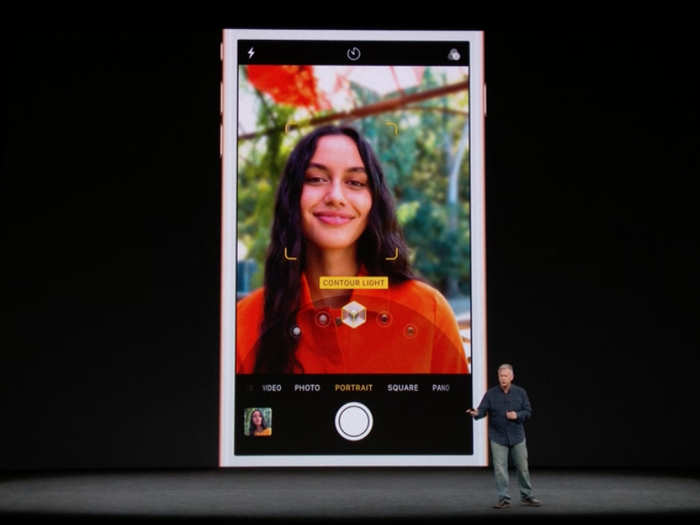
Samsung's Galaxy phones and Apple's iPhones have each offered the ability to take bokeh-style portrait shots for years.
But in 2017, Apple introduced Portrait Lighting, which as its name implies makes it so that you can add specific lighting effects to photos taken in Portrait Mode. Such effects include natural light, which creates a soft look, and contour light, which adds shadows to contour the face, among other effects.
Although the iPhone 8 Plus and later offer Portrait Lighting, the number of effects available depend on the model. The iPhone 8 Plus and iPhone X, for example, have five portrait lighting effects, while the iPhone XR has three and the iPhone XS, XS Max, 11, 11 Pro, and 11 Pro Max have six.
Samsung's Galaxy S20 does offer some effects for Live Focus, its alternative to Apple's Portrait Mode, but doesn't have filters that let you tweak the lighting style.
A full-featured texting app with end-to-end encryption.
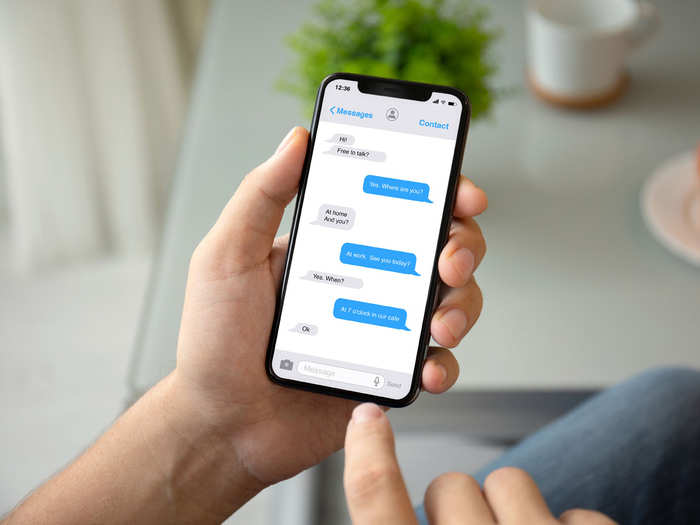
Thanks to Google's recent decision to bring Rich Communication Services technology (RCS) to its messaging app, Android devices like Samsung's latest Galaxy phones are getting features that Apple has long offered through iMessage that Android has lacked. Such capabilities include messaging over Wi-Fi, delivery and read receipts, and the ability to name group threads.
But RCS doesn't offer end-to-end encryption like Apple's iMessage platform does. End-to-end encryption, as its name implies, makes messages indecipherable by anyone other than the sender and recipient. End-to-end encryption ensures that any data being sent through an app can't be deciphered if intercepted — not even by the company operating the messaging platform.
A phone app that can send unknown callers to voicemail.
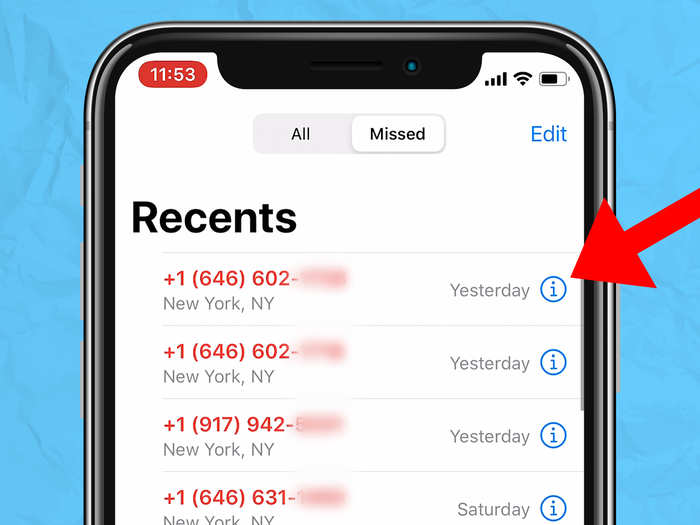
With Apple's iOS 13 update that debuted last fall, you no longer have to deal with screening unwanted callers. Those using an iPhone can turn on a feature called "Silence Unknown Callers," which sends calls from phone numbers that are unfamiliar to you straight to your voicemail. That means it will only screen calls from numbers that aren't found in apps like Contacts, Messages, and Mail.
Samsung's phones are capable of detecting and flagging spam callers, but they don't send calls straight to your voicemail like the iPhone does.
The newest operating system updates as soon as they're released.
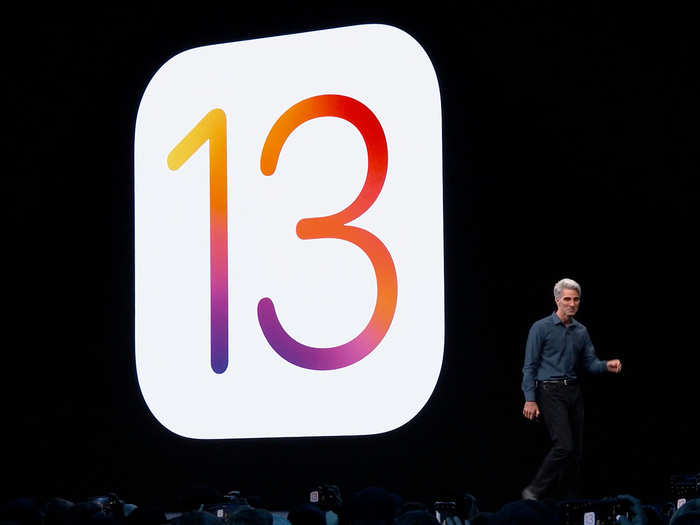
One big advantage Apple's iOS ecosystem has over Android is that the newest operating system version is pushed to all supported iPhones at the same time. Since Apple operates both the software and the hardware, it's in complete control of when updates are deployed.
That's not the case for Android. Since Google's Android software runs on many types of devices made by different companies, there's much more variation when it comes to launch timing. Google's Pixel phones usually get the updates first, but if you own a smartphone made by another Android device maker like Samsung, LG, or Motorola, the timing can vary.
And it shows in the numbers: Apple says 70% of all iPhones use iOS 13, citing data from the App Store. Google's Android developer dashboard doesn't include Android 10, but it does say that 10.4% of devices were running the older Android 9 as of May 7, 2019.
All told, the advantages and disadvantages offered by both Apple and Samsung illustrate their different approaches when it comes to smartphone strategy.
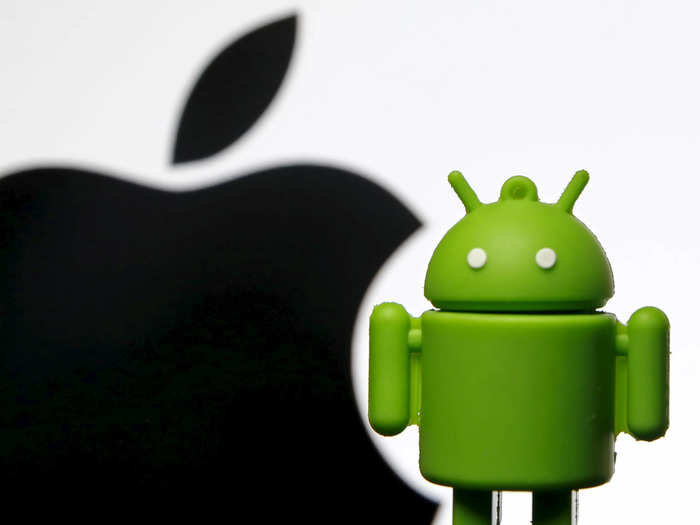
Apple doesn't necessarily care about being first when it comes to new technologies like 5G or curved displays, but it does pay a lot of attention to software-oriented details. And while the list of things Samsung's new phones can do that Apple's can't may be longer, it's still susceptible to some of the issues that impact Android more broadly, like slower software updates.
Popular Right Now
Popular Keywords
Advertisement